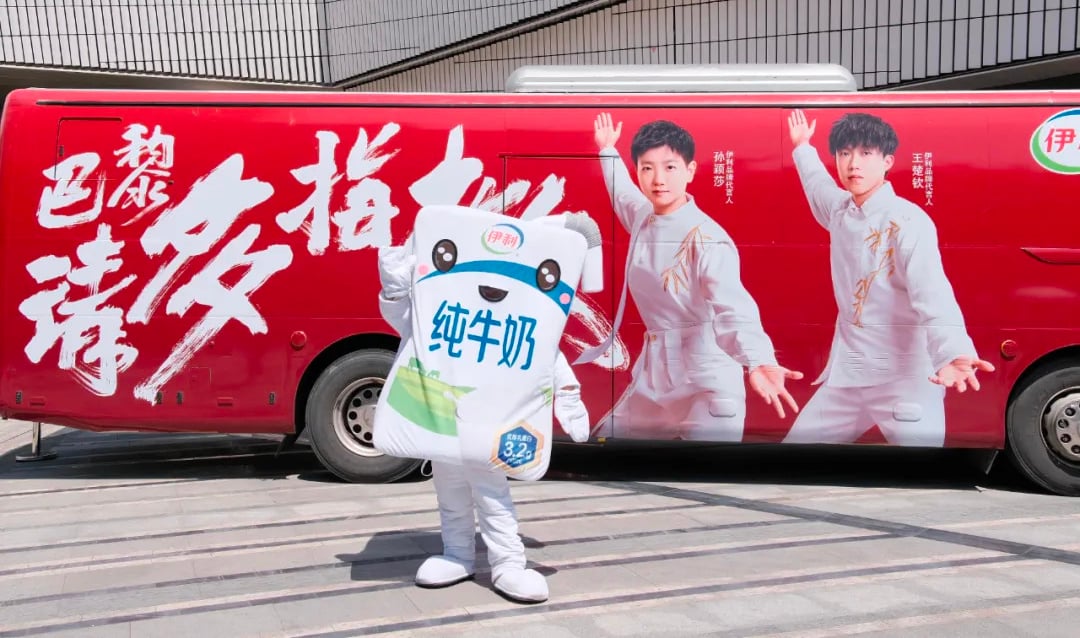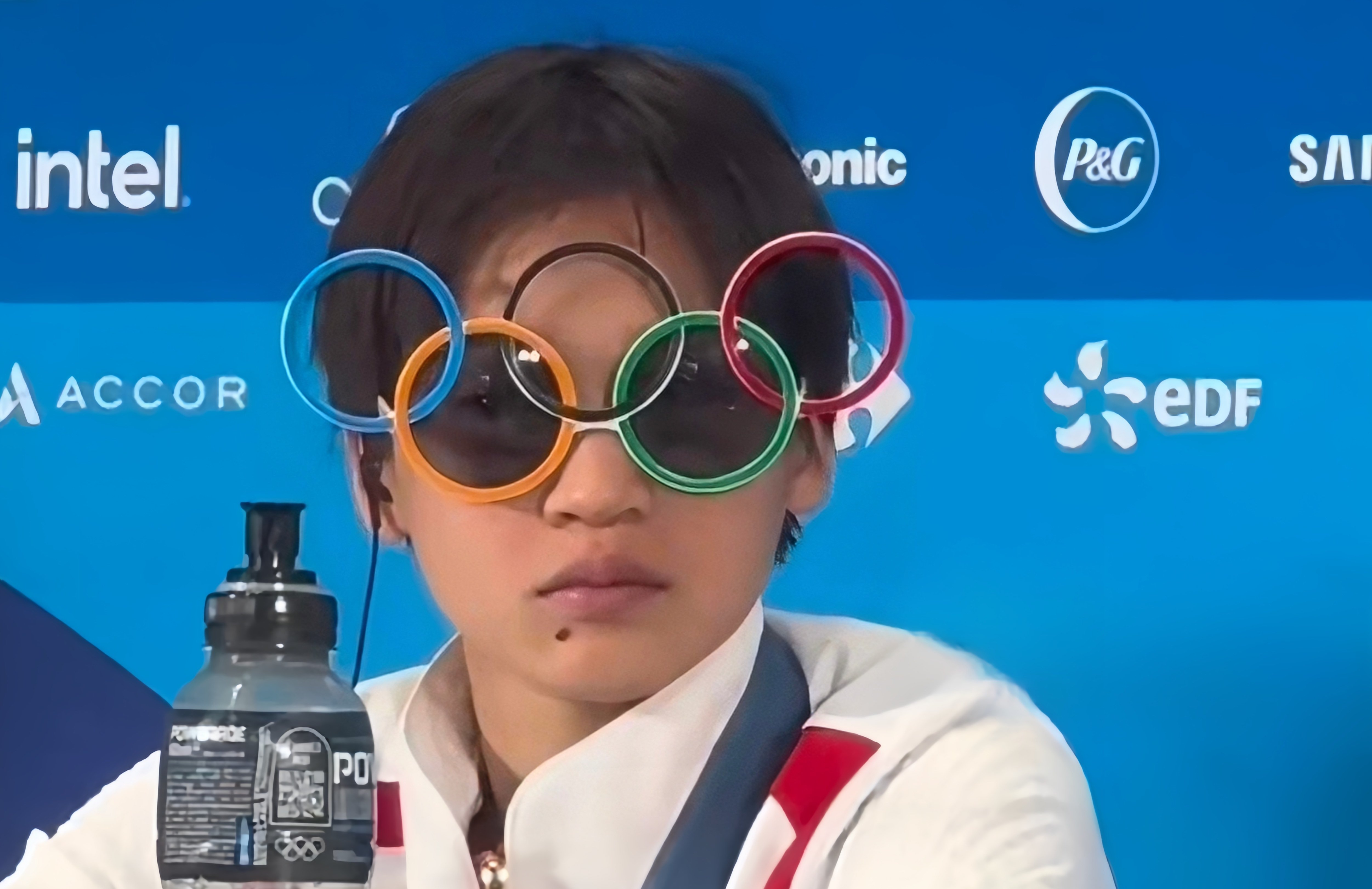Before Chinese Olympians had even boarded their return flights home from Paris, advertisements featuring their faces were already appearing everywhere in China, from malls, to bus stops, and inside elevators.
In fact, dairy producer Yili was so eager to celebrate its sponsored athletes that it flopped with a series of pre-made advertisements that turned out to be completely false, including one with the text “Congratulations to Sun Yingsha on Her Gold Medal Sweep,” when the table tennis player finished with silver, and another stating “Zheng Qinwen Wins Historic Silver” when the tennis star actually won gold.
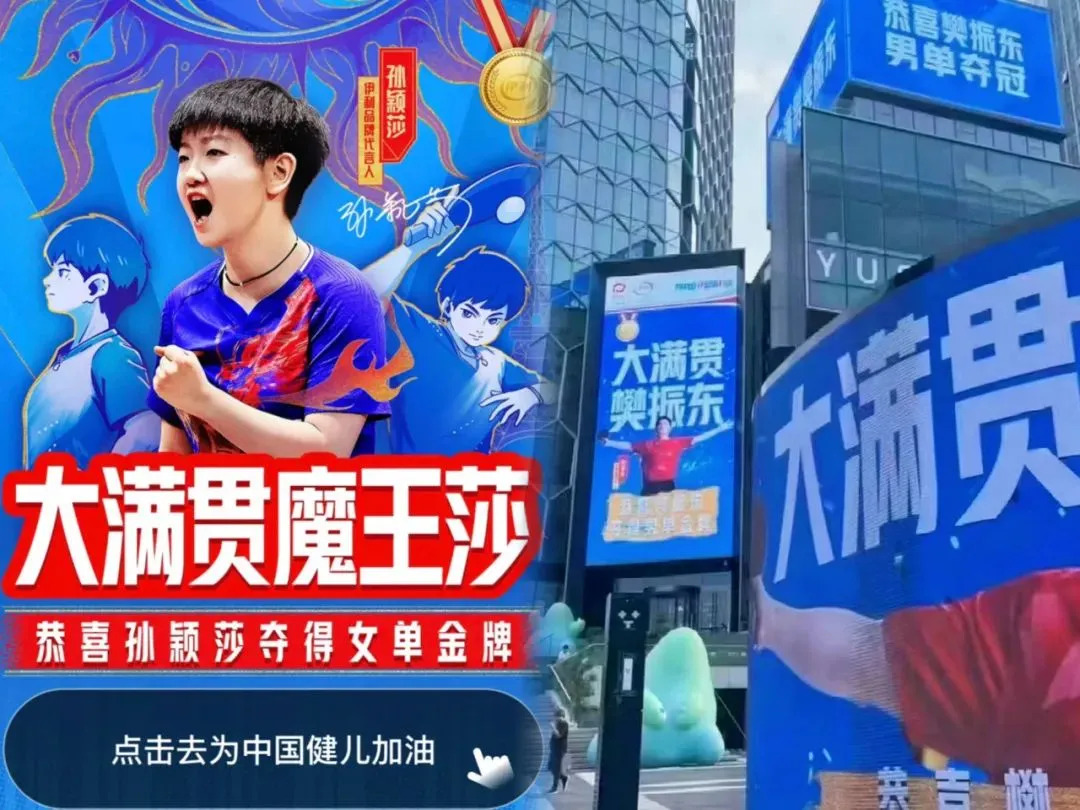
Public embarrassments aside, the influx of advertisements points to the commercial value that Chinese Olympic athletes bring to these brands. Freestyle skier Eileen Gu’s breakout performance at the 2022 Winter Olympics set the bar for global and national commercial success amongst Chinese athletes. Gu garnered more than 20 brand deals immediately after winning her golds, and two years later, she is still seen in ads everywhere. In 2023, Forbes ranked her as the second highest earning female athlete of the year.
After this year’s Olympics, netizens speculated that Zheng Qinwen’s historic gold in tennis might even bring her commercial value ahead of Gu’s. Yet, Zheng only ranks second in terms of number of brand deals post-Paris: swimmer Zhang Yufei, who medaled in every single event she participated in, is currently sitting in first with ten brand deals.
So, how are Chinese athletes raking in cash from their Olympic runs? Or rather, how do brands sign the right athletes and find their golden ticket?
China’s official sponsor — Big dairy
China’s two dairy industry giants are taking home gold and silver for brand endorsements this Olympics. Their battle for brand recognition started well before the games themselves.
Mengniu secured a spot as the Worldwide Olympic Partner next to Coca-Cola. Prior to the opening ceremony, the dairy brand even produced a fight song for Team China.
Meanwhile, Yili is the official brand partner of Team China. Whereas Mengniu took an inspirational approach to its Olympic narrative, Yili closely followed every internet trend to capture eyeballs. The resemblance between the Olympic logo and Yili’s Olympic ambassador Lu Yu went viral, and Yili fully leaned into the attention.
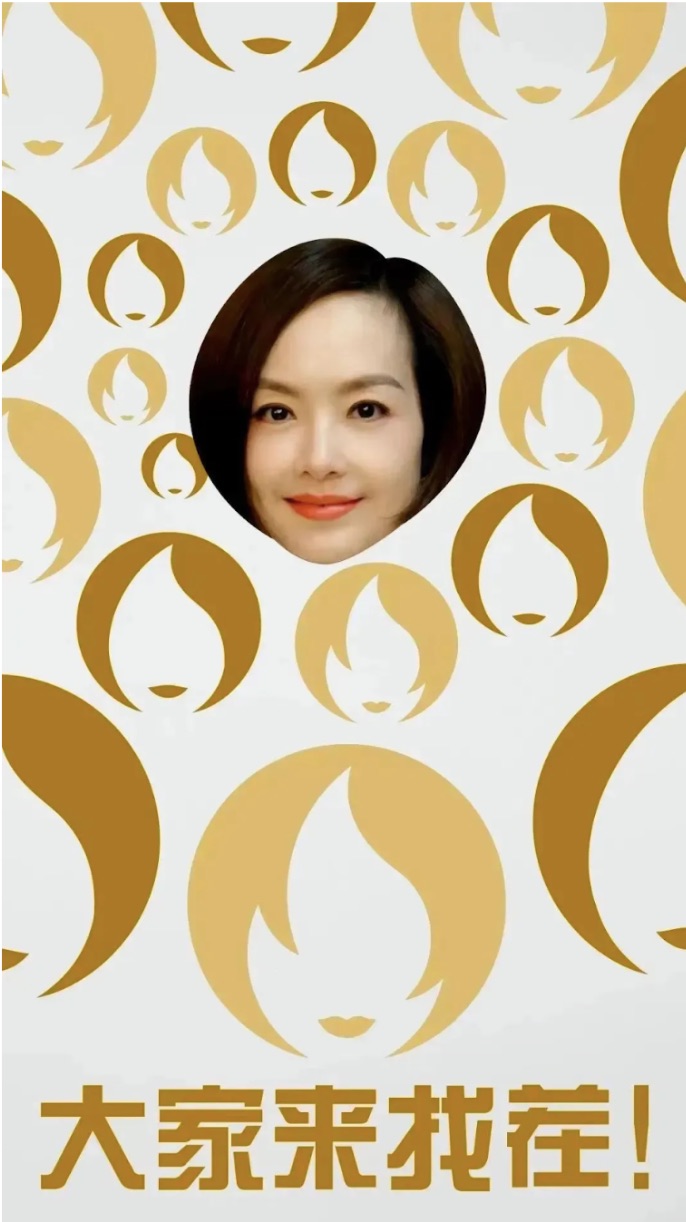
Yili also signed the highest number of athletes out of any Chinese brand leading up to the Olympics. In fact, almost every Chinese Olympic gold winner is currently sponsored by the milk producer.
Aside from casting a wide net of sponsorships, Yili specifically targeted younger audiences and signed many Gen Z athletes. From the diver in googly-eyed fish slippers to the sport shooter with a cute clip in her hair, athletes born in the 2000s proved to dominate talking points in this year’s Olympic Games, suggesting that Yili made the right investment.
Another Yili favorite is the Chinese table tennis team. For a sport with a long history in China, serving as a source of national pride, it makes sense that table tennis would have the brand’s support, since the dairy industry has close ties with the Chinese government.
According to Jason Chung, practicing attorney and sports management professor at NYU, investments from the governmental or quasi-governmental sectors tend to favor athletes with a “national hero” narrative.
In Paris, China’s mixed double table tennis team, Wang Chuqin and Sun Yingsha, known to adoring netizens as the “Shatou Duo” (莎头组合, shā tóu zǔhé) won a redemptive gold after their disappointing loss in Tokyo three years ago. The duo carried the expectations of Chinese fans everywhere and delivered. Their victory is reflected by their predominance on Yili’s billboards.
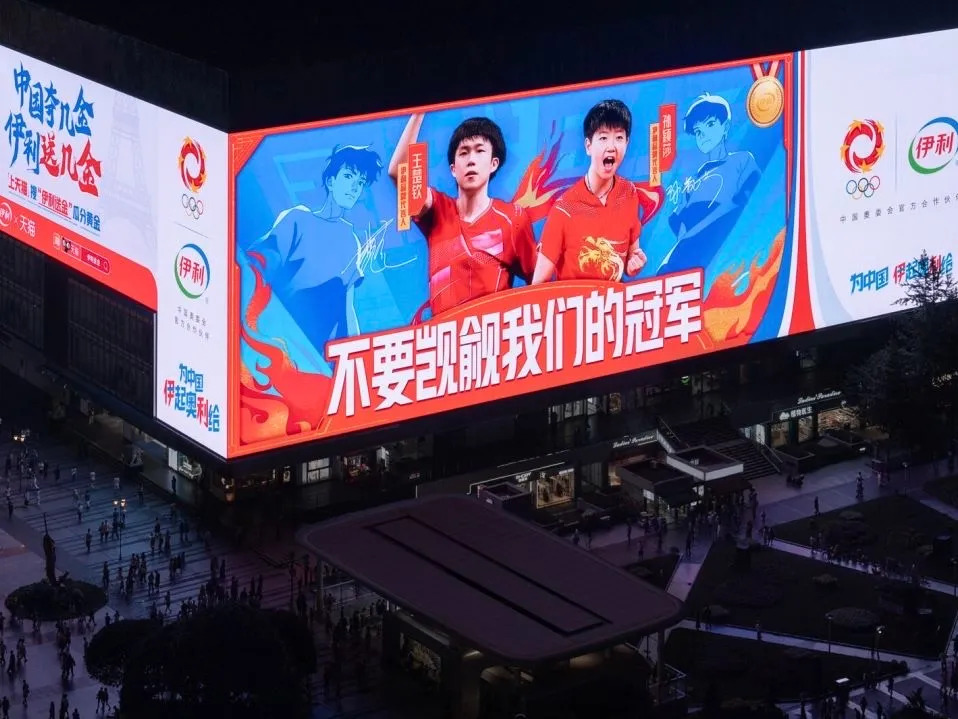
Private sector
When it comes to selling products, Olympic athletes have become influencers themselves. On Xiaohongshu, netizens are searching for “identical styles” (同款, tóngkuǎn), looking to buy the same clothing and accessories worn by athletes.
Many Chinese fans simply want some Olympic luck to rub off on them. Table tennis gold medalist Chen Meng wore a circle-shaped necklace made of jade, gifted and designed by her father. Netizens speculated over the jewelry’s price and found similar versions in hopes of bringing good luck to themselves.
To capture the influx of internet attention around the Olympics, brands increased their deals with Chinese athletes by 22% in the past year, according to numbers from Endata. Athletes now rank as the third most likely group to be considered for brand deals in China, the first and second being actors and singers.
Among them, luxury brands are most likely to bring on Chinese athletes as brand ambassadors. For example, swimmer Zhang Yufei has a brand deal with the French multinational luxury fashion house Dior, and Eileen Gu is an ambassador for the luxury automobile manufacturer Porsche.
Brands in the commercial and service category come in second for endorsing Chinese athletes, which includes the Chinese milk tea brand, CHAGEE (霸王茶姬, bà wáng chá jī), who signed with a total of seven Chinese athletes for sponsorship deals this Olympics.
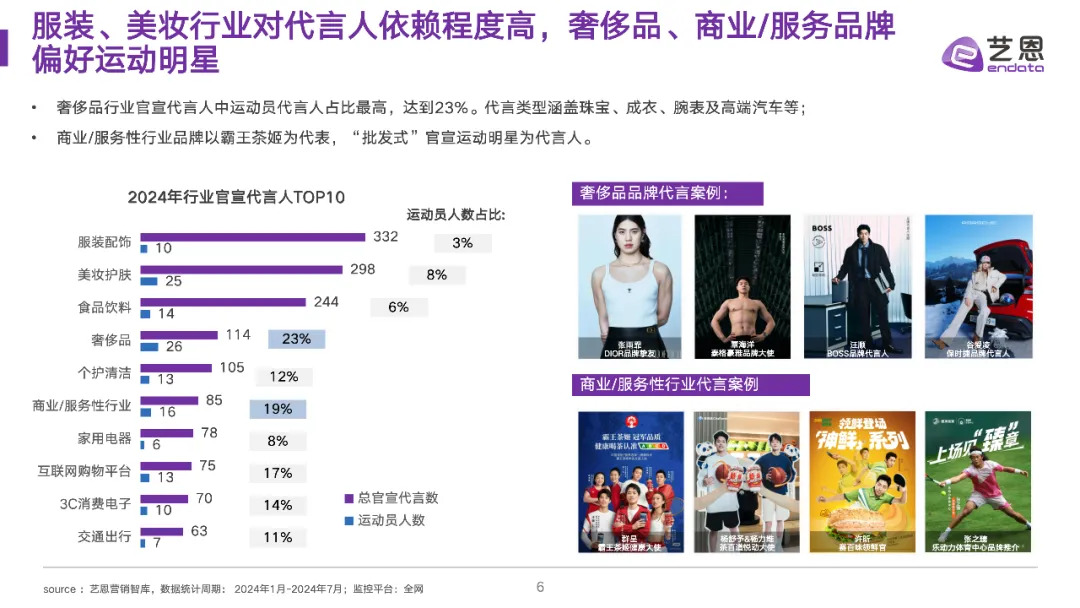
So, who will be the next Eileen Gu?
After Zheng Qinwen captured her historic gold in tennis, many netizens began comparing her to Eileen Gu, who currently stands as the pinnacle of commercial success for Chinese athletes.
On Bilibili, fashion influencer duo Ahalolo speculated that Zheng would likely exceed Gu in commercial value. For one, tennis is the most profitable women’s sport as it has a large upper-middle class audience, compared to the more limited scope of freestyle skiing.
Chung, the sports management professor, cautions against making sweeping generalizations as the marketability of athletes is very individualized.
“At the end of the day, marketing is as much art as it’s science,” Chung said, then paused. “There’s [sometimes] not much science associated.”
“Superficial gifts” play an outsized role in how marketable an athlete is, and according to Chung, sometimes are even more important than winning itself.
“You do want to win at a certain point to maximize your value. At the same time, could you be very, very good, and could you be marketable? Absolutely,” said Chung. “There’s a lot of people over the course of history, especially in the West, who may not be as successful from a sporting performance angle, but they were popular because they were attractive or have other qualities.”
Zheng’s appearance as a sporty, healthy athlete has attracted attention from netizens and fashion magazines alike. Not only was she seated next to Vogue’s editor-in-chief Anna Wintour at the Balenciaga couture show at Paris Fashion Week this year, but she has also appeared on multiple magazine covers.
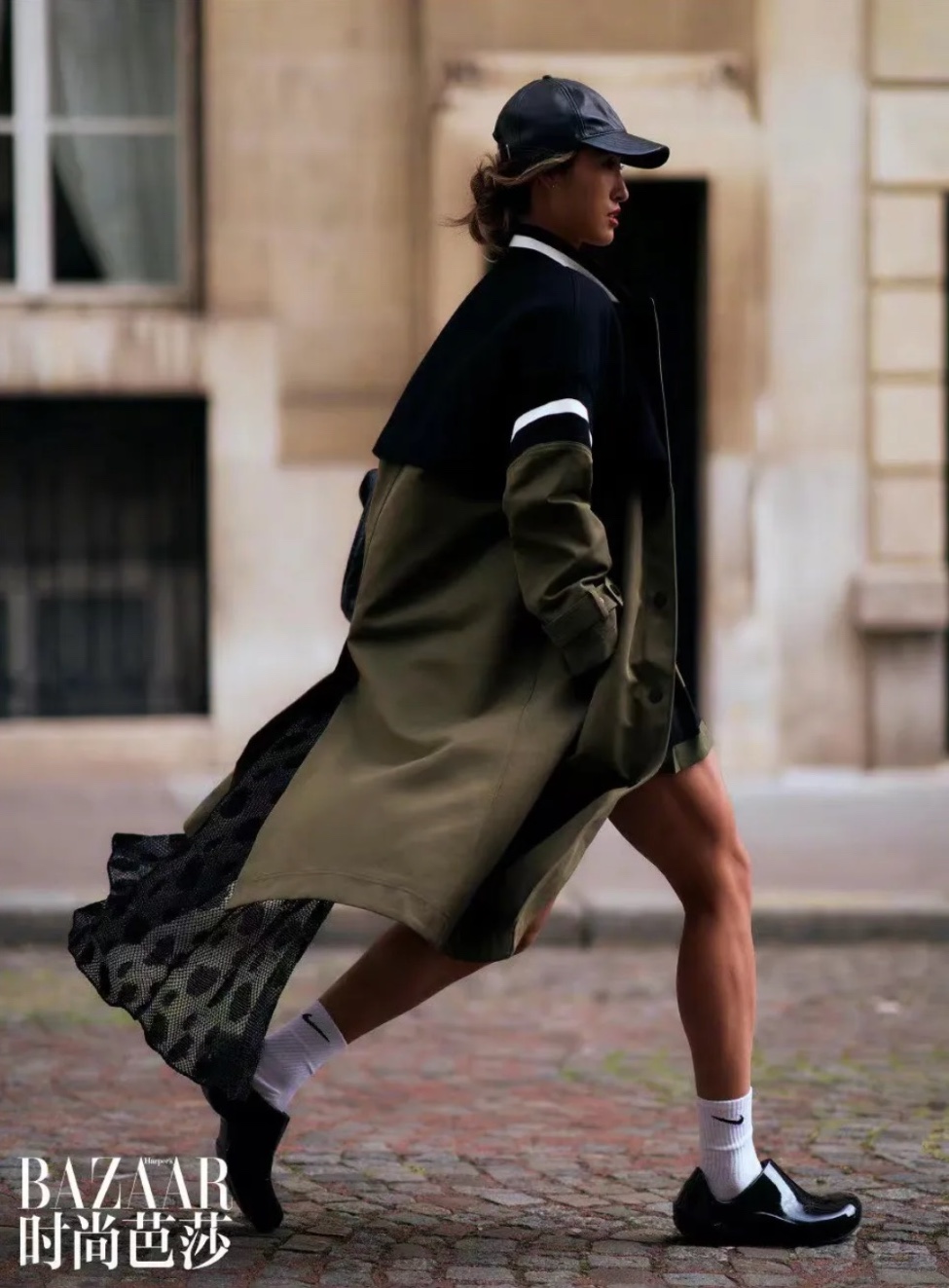
In China, where aesthetics favor skinny and pale, Zheng’s tall, tan, and muscular physique has been a welcoming change for netizens. In fact, her ad for Yili caused a stir as she was edited to look visibly paler. Many netizens complained, coming out against China’s presumed beauty standards.
A compelling story also contributes to how marketable an athlete is, according to Chung. In table tennis, netizens poured attention poured onto the Shatou Duo, imagining the pair as a couple (“shipping” in fandom speak) and swooning over their every interaction.
In women’s table tennis singles, Shatou Duo member Sun Yingsha was slated to win, but fellow Chinese player Chen Meng ended up beating her and winning gold. As all the attention was fixated on Sun Yingsha and the Shatou Duo, Chen missed out on a marketable moment and only received two sponsorships from her successful Olympic run.
So far, Zheng, who comes from a small town in Hubei, presents a narrative that stands in contrast to Gu’s American upbringing. Her interviews detailing her pride for winning as a Chinese athlete, thanking her father for his sacrifices in support of her career, and expressing unabashed patriotism have won praise from Chinese fans online.
While marketing may be an elusive art form, one thing has become clear: Chinese athletes are emerging as a valuable commercial asset for brands both nationally and internationally.
Banner image via Wangyi Xinwen.

